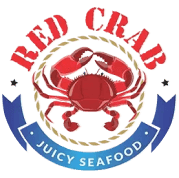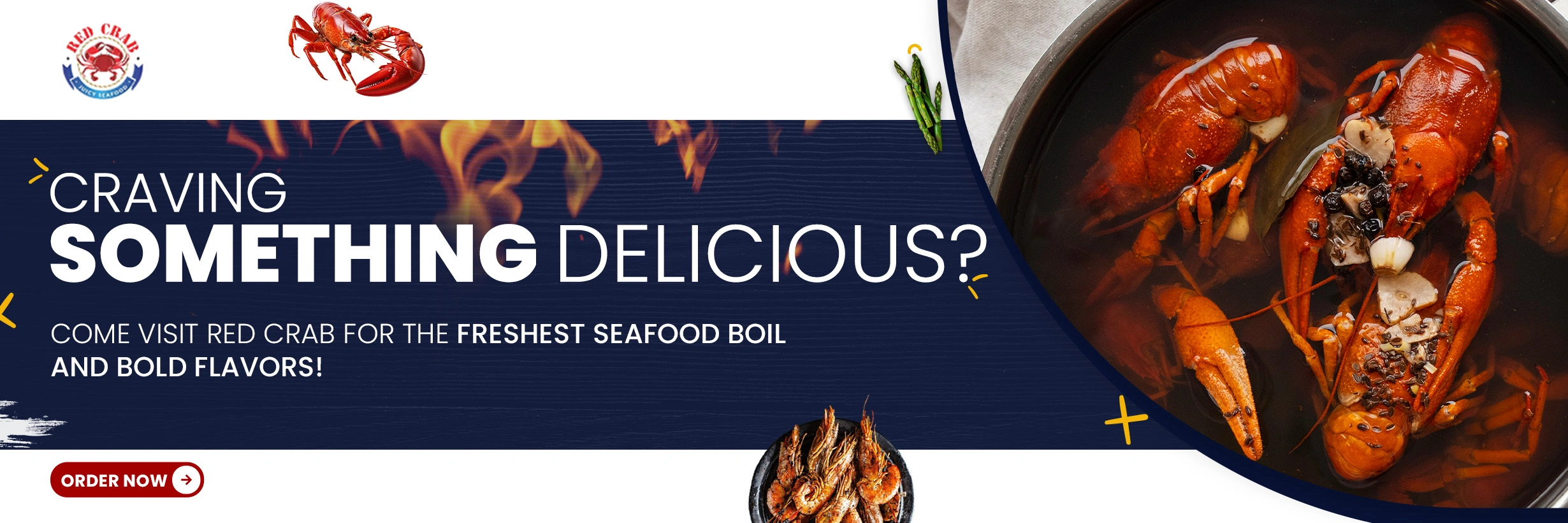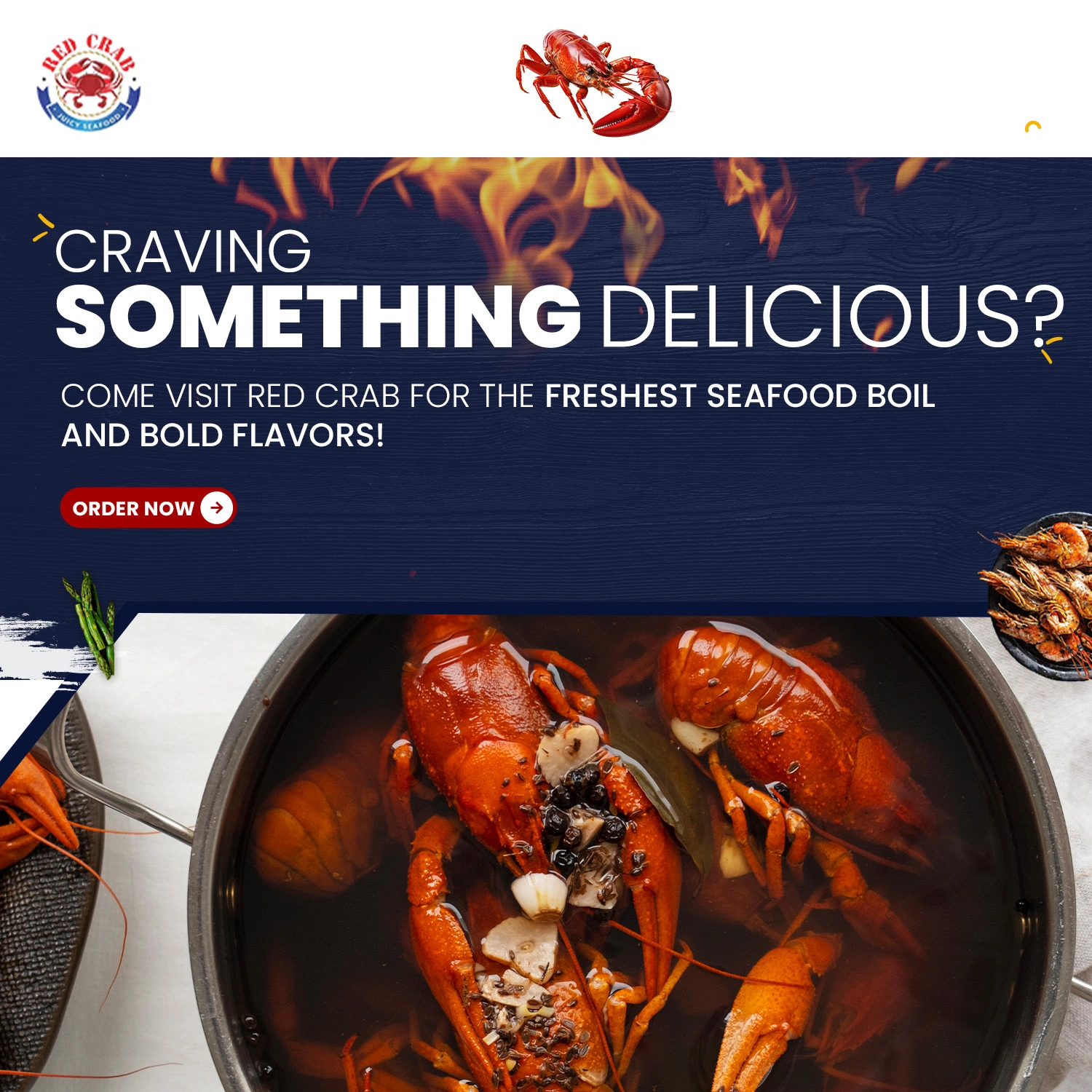Health Benefits of Seafood
Seafood has been a vital part of human diets for centuries. Across the world, people enjoy its delicious flavors, variety, and, most importantly, the health benefits it offers. From protecting your heart to improving brain function, eating seafood regularly can bring countless benefits to your health.
In this blog, we’ll explore the health benefits of seafood, why it’s essential for a healthy diet, and some frequently asked questions. Let’s dive into the many reasons why you should add seafood to your plate!
Table of Contents
Rich in Essential Nutrients
Seafood is one of the most nutrient-rich foods to exist. It’s loaded with protein, which helps your muscles grow strong and keeps you full. It also contains omega-3 fatty acids, which are healthy fats that your body needs but cannot make on its own. In addition to omega-3s, seafood is rich in vitamins like B12 and D, as well as minerals such as iodine and selenium. These nutrients are important for your brain, heart, and immune system. Eating seafood gives your body a healthy mix of everything it needs to work properly.
May Lower Risk of Heart Disease and Stroke
Heart disease and stroke are serious health issues that affect millions of people. Eating seafood can help lower your chances of developing these problems. Moreover, omega-3 fatty acids in seafood are great for your heart—they reduce bad cholesterol, improve blood flow, and prevent inflammation.
Doctors often recommend eating seafood at least twice a week to keep your heart healthy. Fatty fish like salmon, mackerel, and sardines are especially good for your cardiovascular health. By making seafood a regular part of your meals, you’re giving your heart a better chance to stay strong and healthy.

A Good Dietary Source of Vitamin D
Did you know that seafood is one of the best natural sources of vitamin D? This vitamin is essential for healthy bones, a strong immune system, and overall well-being. If you don’t get enough sunlight or if you live in an area where winters are long, you may not be getting enough vitamin D. Eating seafood, especially fatty fish like salmon, tuna, and trout, can help fill this gap. It’s an easy and tasty way to support your body’s vitamin D needs.
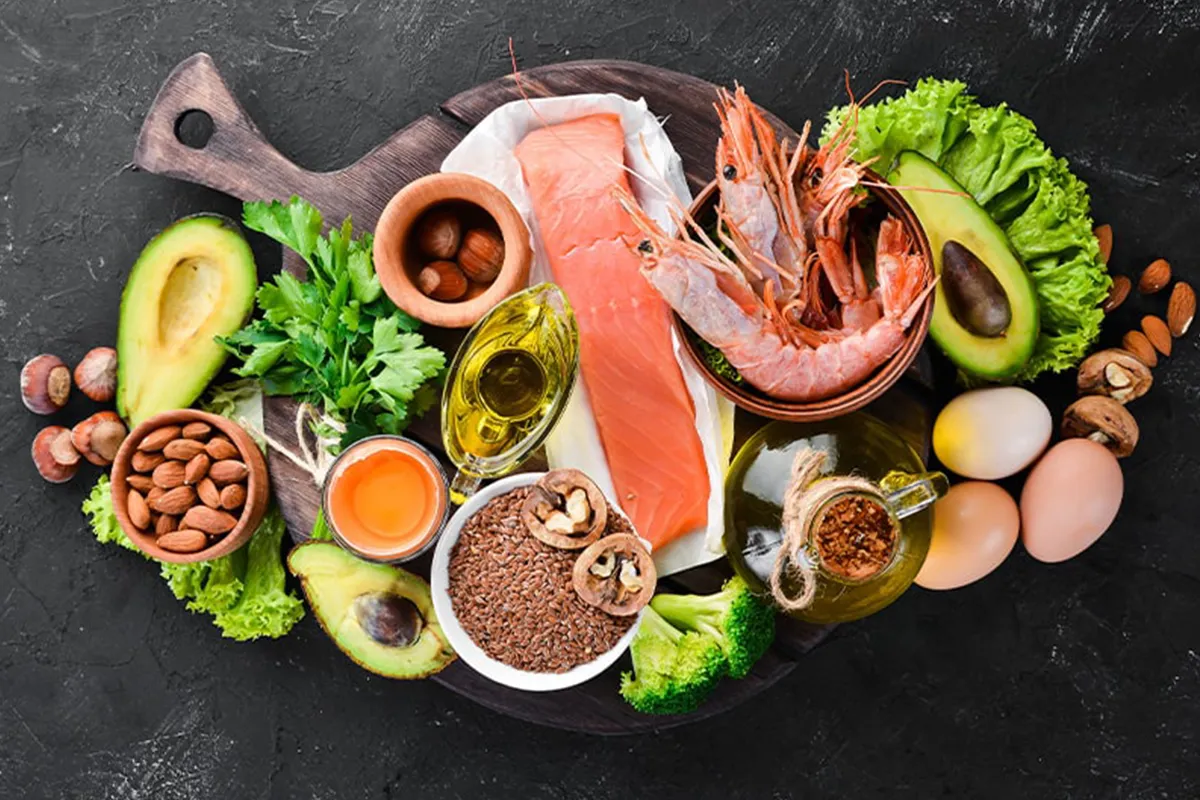
May Help Prevent and Treat Depression
Depression affects millions of people, but the omega-3 fatty acids in seafood can help reduce its symptoms. These healthy fats have anti-inflammatory properties that positively affect the chemicals in your brain that control mood.
People who eat seafood regularly are less likely to experience depression and may even feel more energetic and positive. Adding seafood to your diet is a natural way to support your mental health while also enjoying delicious meals.
Contains Nutrients Vital for Development
Seafood is especially important for pregnant women and young children. Why? Because it contains DHA, a special type of omega-3 fatty acid that helps a baby’s brain and eyes develop. Pregnant women who eat enough seafood can give their babies a great start in life. The high-quality protein in seafood also helps children grow strong muscles and tissues. Including seafood in your family meals can ensure everyone gets the nutrients they need for proper development.
May Enhance Brain Health
One of the best-known health benefits of seafood is its ability to keep your brain sharp. The omega-3s found in fatty fish help improve memory, focus, and overall brain function. As we age, our brain health can decline, leading to problems like forgetfulness or even Alzheimer’s disease. Studies have shown that eating seafood regularly can slow this decline and keep your mind clear. Omega-3s also help with mood regulation, which means seafood can help you feel happier and more relaxed.
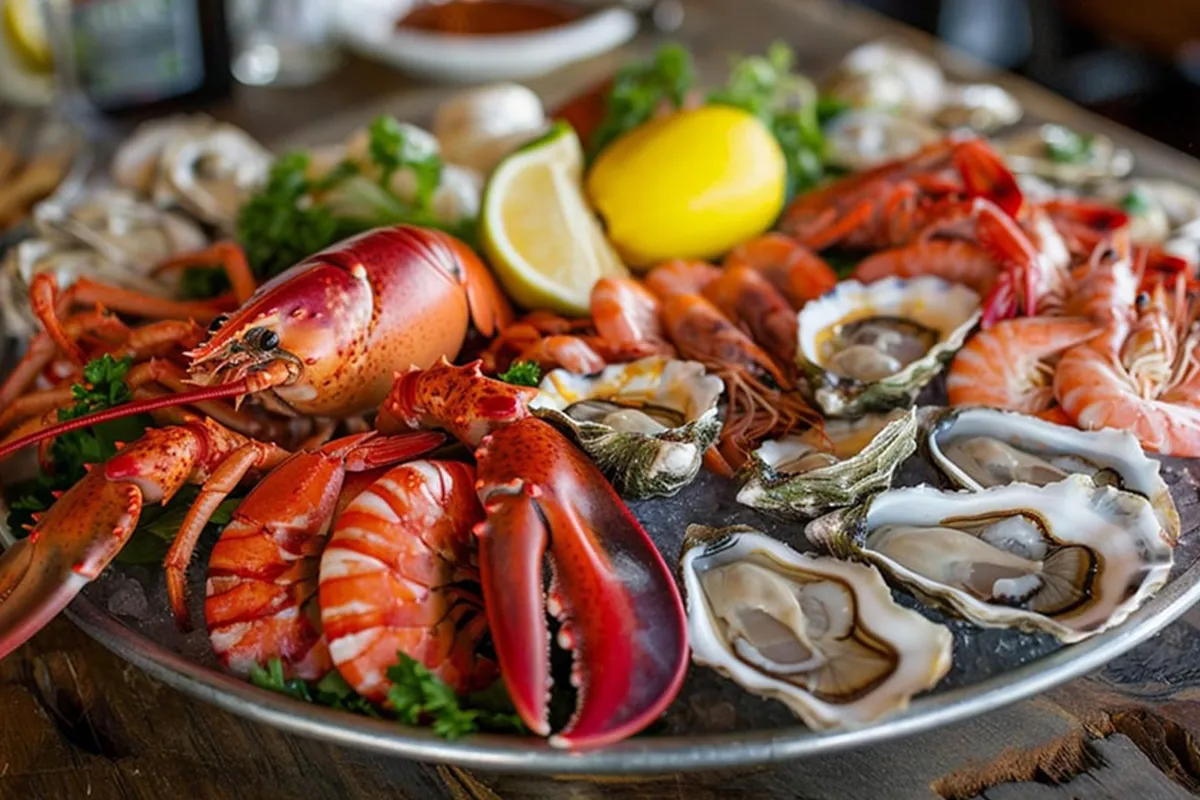
Sustainable Seafood: Why It Matters
As you enjoy the health benefits of seafood, it’s also important to consider sustainability. Choosing sustainably sourced seafood helps protect marine life and ensures that future generations can enjoy these nutritious foods.
When shopping for seafood, look for labels like MSC (Marine Stewardship Council) or ASC (Aquaculture Stewardship Council). These certifications indicate that the seafood was responsibly harvested.

May Protect Vision in Aging Adults
As we get older, our eyesight may begin to weaken. Seafood, especially fatty fish, can help protect your vision and reduce the risk of age-related macular degeneration (AMD), which is a common cause of blindness in older adults.
The omega-3s and antioxidants in seafood protect the tiny blood vessels in your eyes, keeping them healthy. Seafood also contains vitamin A, which is crucial for good vision. By eating more fish, you can help keep your eyes strong and healthy as you age.
May Reduce Autoimmune Disease Risk
Autoimmune diseases happen when your immune system attacks healthy parts of your body by mistake. Conditions like rheumatoid arthritis, lupus, and type 1 diabetes are examples of autoimmune diseases. The nutrients in seafood, particularly omega-3s and vitamin D, can help reduce inflammation and regulate the immune system. By eating seafood, you may lower your chances of developing these diseases and help your body fight off harmful conditions more effectively.
May Improve Sleep Quality
Do you face trouble falling asleep or staying asleep? Seafood might be the solution! Fish like salmon, tuna, and mackerel are rich in vitamin D and omega-3s, which help regulate the hormones that control sleep.
Eating seafood supports the production of serotonin, a brain chemical that helps you feel calm and relaxed. This can improve your sleep quality and help you wake up feeling refreshed. Try adding seafood to your dinner menu to enjoy a better night’s sleep.
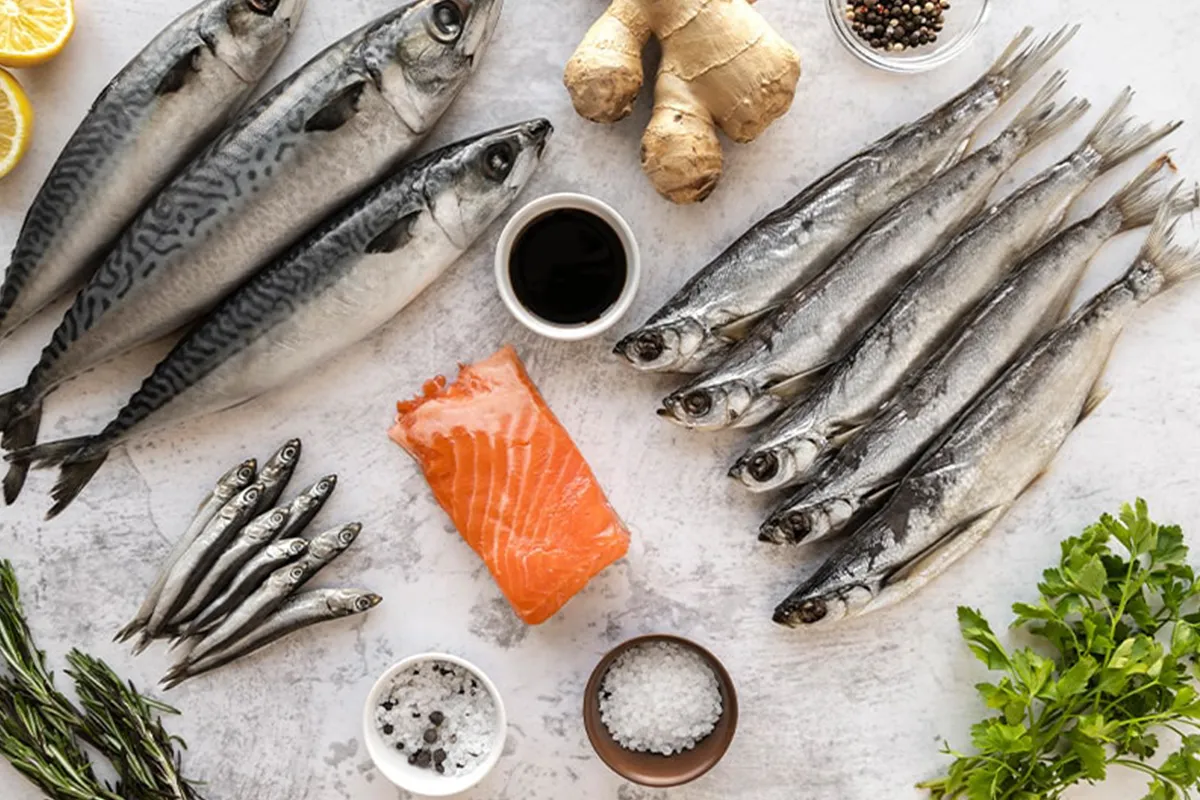
May Help Prevent Asthma in Children
Asthma is a condition that causes breathing problems and often starts in childhood. Recent research suggests that eating seafood may help reduce the risk of asthma, especially in children. Omega-3 fatty acids in fish have anti-inflammatory effects, which can protect the lungs and prevent airway problems. Introducing seafood to your child’s diet early can help support their respiratory health and reduce the risk of developing asthma.
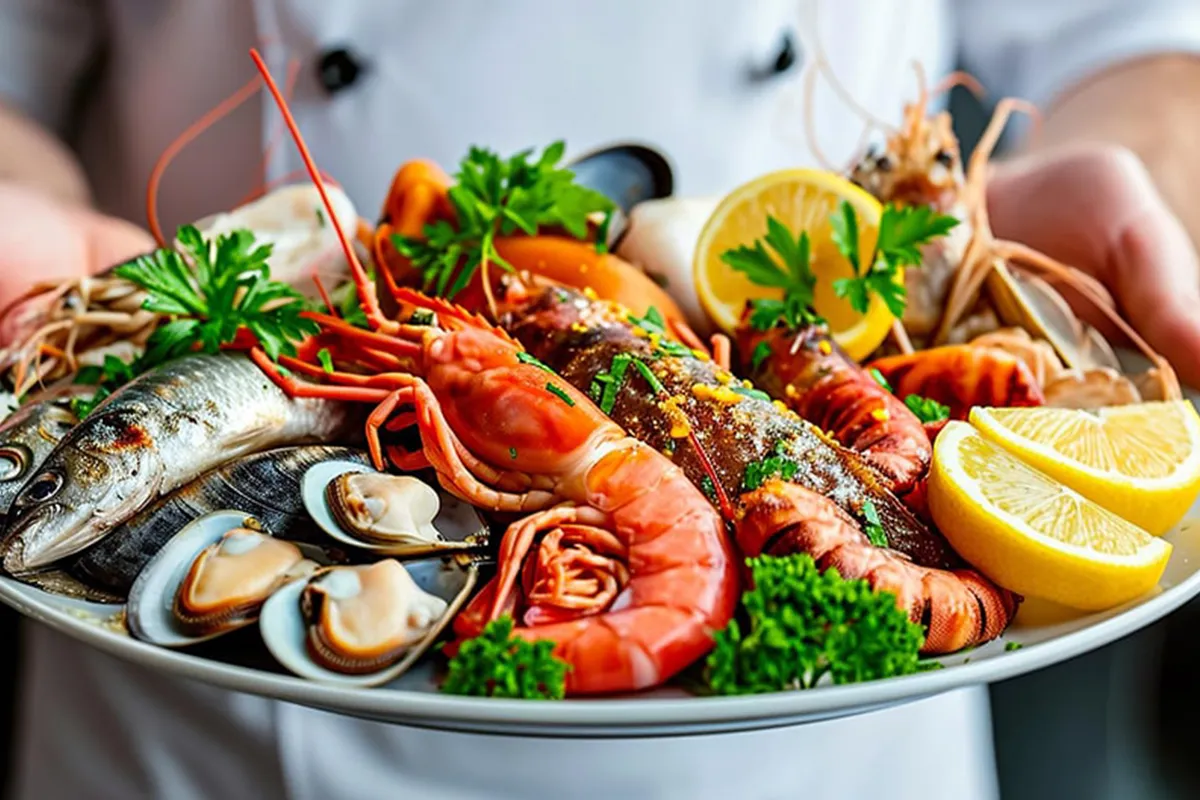
Delicious and Easy to Prepare
On top of all the health benefits of seafood, it’s also delicious and easy to cook. Whether you’re a fan of grilling, baking, steaming, or frying, there are endless ways to prepare seafood.
You can keep it simple with grilled salmon and a side of vegetables, or get creative. If cooking isn’t your thing, search for “seafood near me” to find a restaurant that offers a wide seafood menu. Many places serve fresh seafood dishes that are ready to enjoy.
Seafood is also a quick option for busy days. Most fish fillets cook in under 10 minutes, making it a healthy and convenient choice for weeknight meals.
Common Myths about Eating Seafood
Myth 1: Seafood is high in Mercury – It’s true that some fish, like shark and swordfish, have higher mercury levels. However, most commonly consumed seafood, such as salmon, shrimp, and tilapia, have very low levels and are safe to eat.
Myth 2: Seafood is Hard to Prepare – Seafood is actually one of the quickest and easiest foods to cook. A simple grilled fish or shrimp stir-fry can be ready in under 20 minutes.
Myth 3: Seafood is Expensive – While certain types of seafood can be pricey, there are plenty of affordable options, such as canned tuna, frozen shrimp, and seasonal fish.
How to Incorporate Seafood into Your Diet
Adding seafood to your meals doesn’t have to be complicated. Whether you’re dining out or cooking at home, there are plenty of options to enjoy a delicious seafood diet.
- Try a Variety of Seafood – From shrimp to salmon, there’s a wide range of seafood to choose from. Experiment with different types and recipes to keep your meals exciting.
- Explore the Local Seafood Scene – If you’re wondering where to find fresh seafood, search for “seafood near me” to locate nearby markets or restaurants. Many places offer daily catches and a wide seafood menu to satisfy your cravings.
- Cook at Home – Cooking seafood at home can be fun and easy. Grill, bake, or steam your favorite fish and pair it with veggies or rice for a healthy and balanced meal.
- Make it a Weekly Habit – To enjoy the health benefits of seafood, aim to eat it at least twice a week. This will ensure you’re getting enough omega-3s and other nutrients.
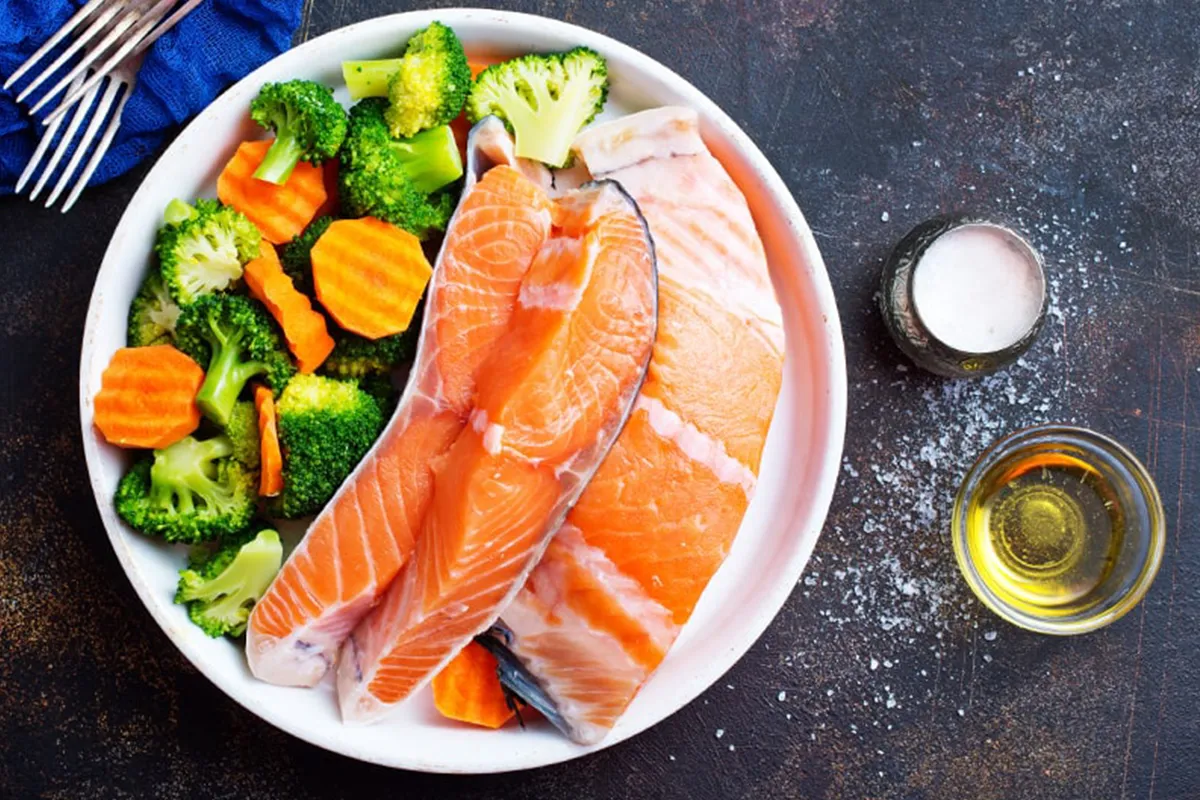
frequently asked questions
Why seafood is considered rich in essential nutrients?
It’s packed with omega-3 fatty acids, protein, vitamins, and minerals that are essential for overall health.
How does eating seafood benefit brain health?
Omega-3s in seafood support memory, focus, and mood, and may reduce the risk of Alzheimer’s disease.
Can eating seafood reduce the risk of heart disease?
Yes, seafood‘s omega-3s lower bad cholesterol and improve heart health.
Is seafood beneficial for improving sleep quality?
Absolutely! Nutrients like omega-3s and vitamin D promote better sleep.
Conclusion
Seafood is a nutritional powerhouse that offers countless benefits for your health. From protecting your heart and brain to improving sleep and vision, the health benefits of seafood are undeniable. Incorporating seafood into your diet at least twice a week can provide the nutrients your body needs to thrive. So, why wait? Try adding more seafood to your meals and enjoy its delicious taste and incredible health benefits!
